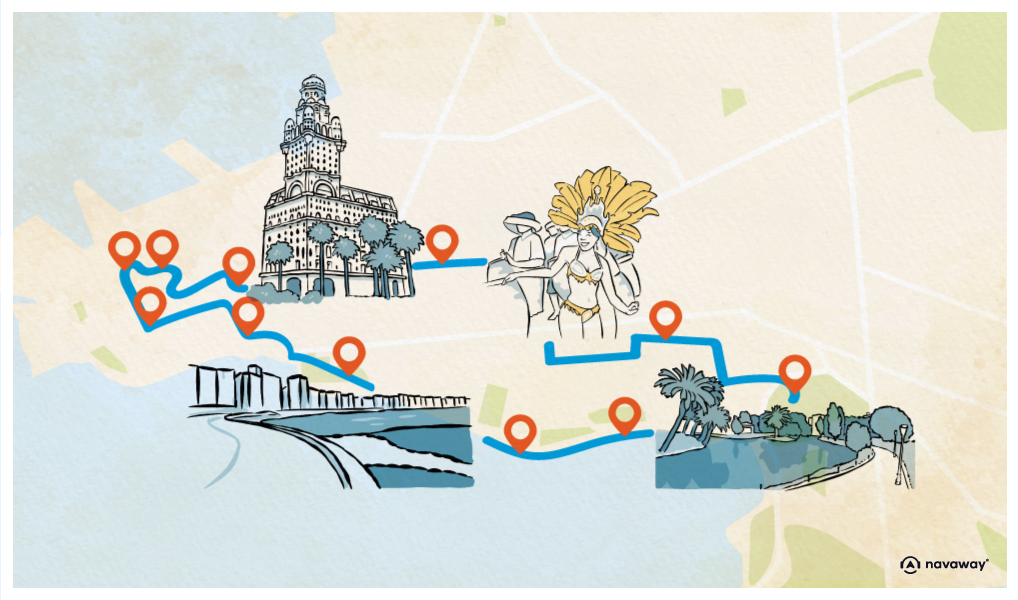
The Cannabis Museum
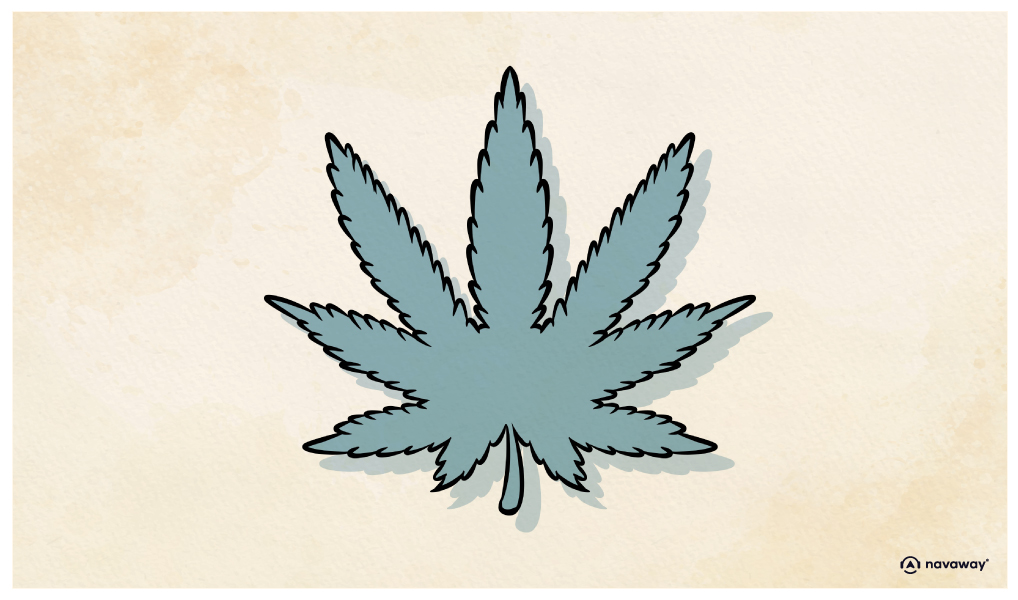
This point of interest is available as audio on the tour: Visit Montevideo, The Sixth Mountain From East to West
A little further down this street, you’ll come across the Cannabis Museum, a reminder of just how different Uruguay is from many of its South American neighbours. Uruguay was the first country in the world to fully legalise cannabis, back in 2013. Just to clarify, it’s not actually legal in the Netherlands. There, it’s only allowed in coffee shops under strict regulation. Legalisation in Uruguay covers production, distribution, and recreational use. Uruguayans have three legal options to access it: they can grow it at home in limited quantities, join a cannabis club, or buy small amounts at the pharmacy. This groundbreaking law was championed by former president José “Pepe” Mujica, as part of an effort to curb drug trafficking and organised crime following a rise in violence. To understand how such a bold reform was possible, you need to know that Uruguay is a staunchly secular country, Church and State have been separated for over a century. That separation is the foundation for many of the progressive policies that have shaped this paisito, or “little country.” Uruguay was the first country in Latin America to abolish slavery, back in 1830. It banned the death penalty in 1907, long before most other countries, and it was the first country to recognise the Armenian Genocide. Divorce has been legal here since 1913. That’s 91 years before Chile. Uruguayan women were given the right to vote in 1927, prostitution has been legal since 2002, and homosexual marriage since 2012. Same-sex couples can adopt, and assisted reproduction has been legal since 2006. Abortion was decriminalised in 2012, early or late depending on where you stand globally, and Uruguay didn’t stop there. A comprehensive transgender rights law now allows individuals to define their gender identity from the age of 18, with full access to education, healthcare, employment, and culture. Legal gender changes require neither medical intervention nor judicial approval, just the individual’s choice. Whether you’re for or against it, one thing’s clear: Uruguay is not like other countries. That’s exactly why it’s become a welcoming and increasingly popular destination for the LGBTQ+ community. Every September, Montevideo hosts the Marcha de la Diversidad, a vibrant celebration of diversity and a powerful march for equal rights. But that’s not the only important march here. Others are deeply rooted in the country’s social conscience: like the march against violence against women, or the Marcha del Silencio, a haunting annual event where thousands walk silently through the streets, holding photos of those who disappeared during the dictatorship. It’s a demand for truth, for justice, and for peace.


Discover Montevideo with app
An interactive guide through the most beautiful streets, squares, and districts
19 fun audioguides full of historical facts, anecdotes, and legends
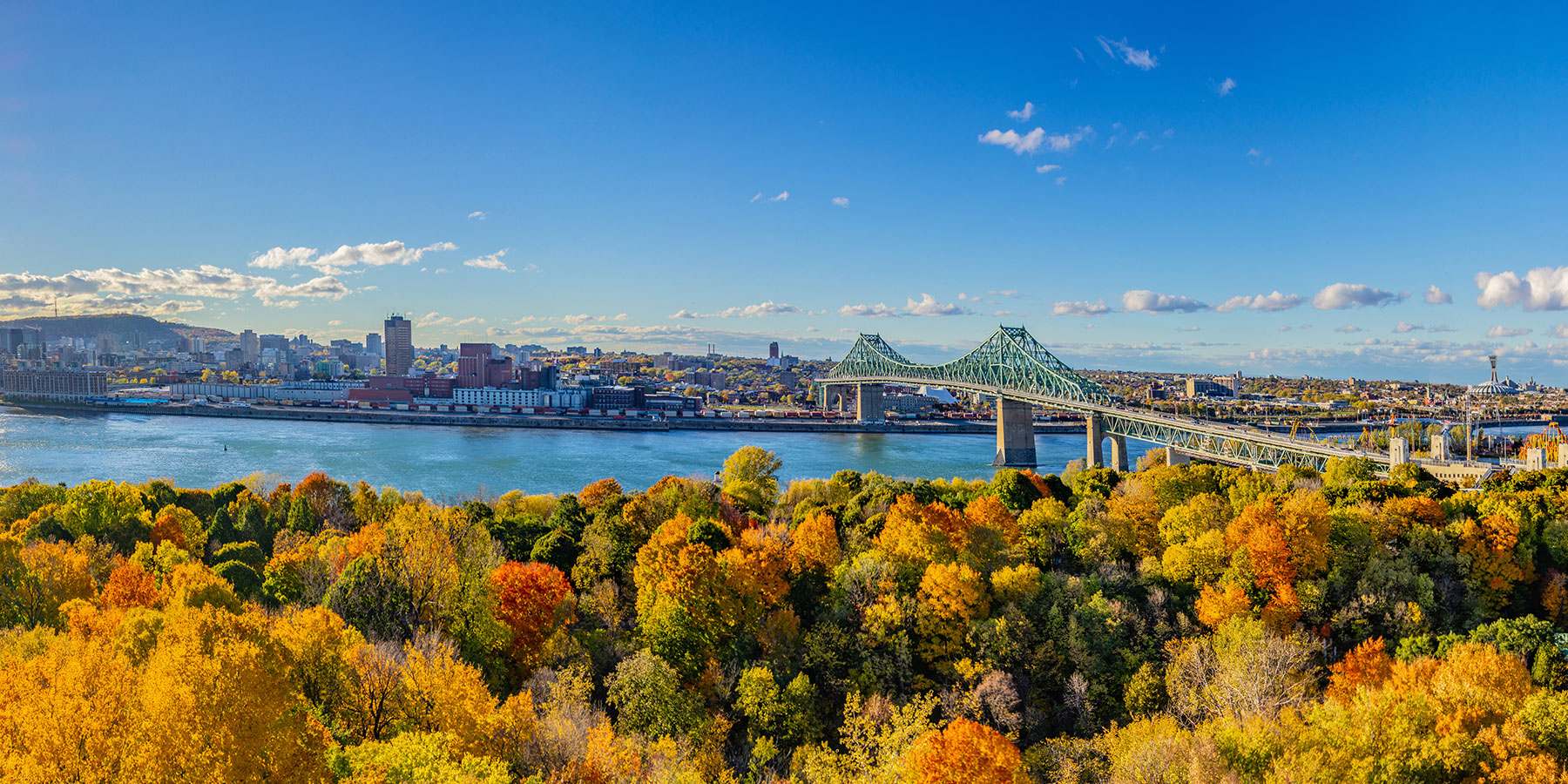
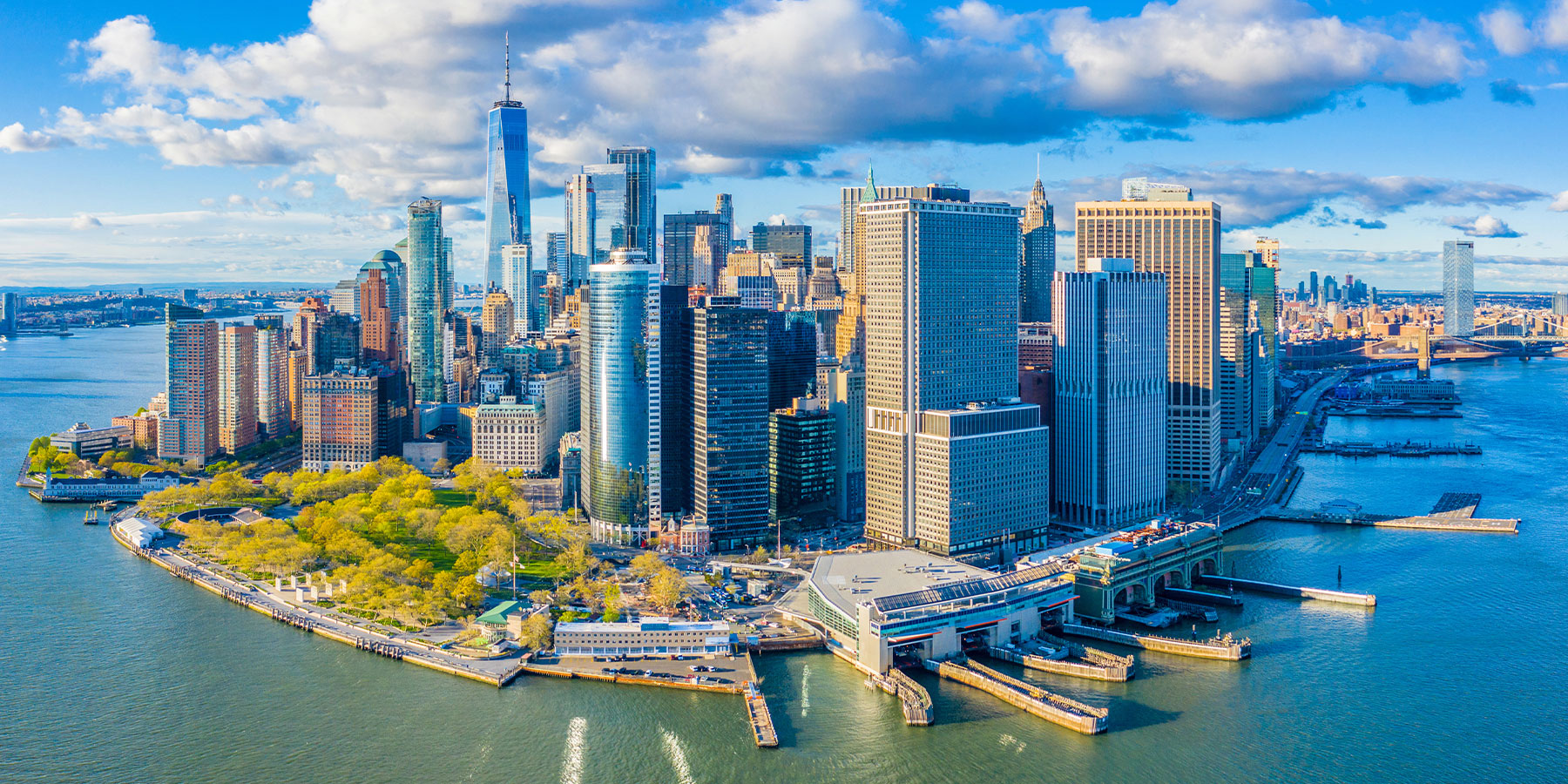
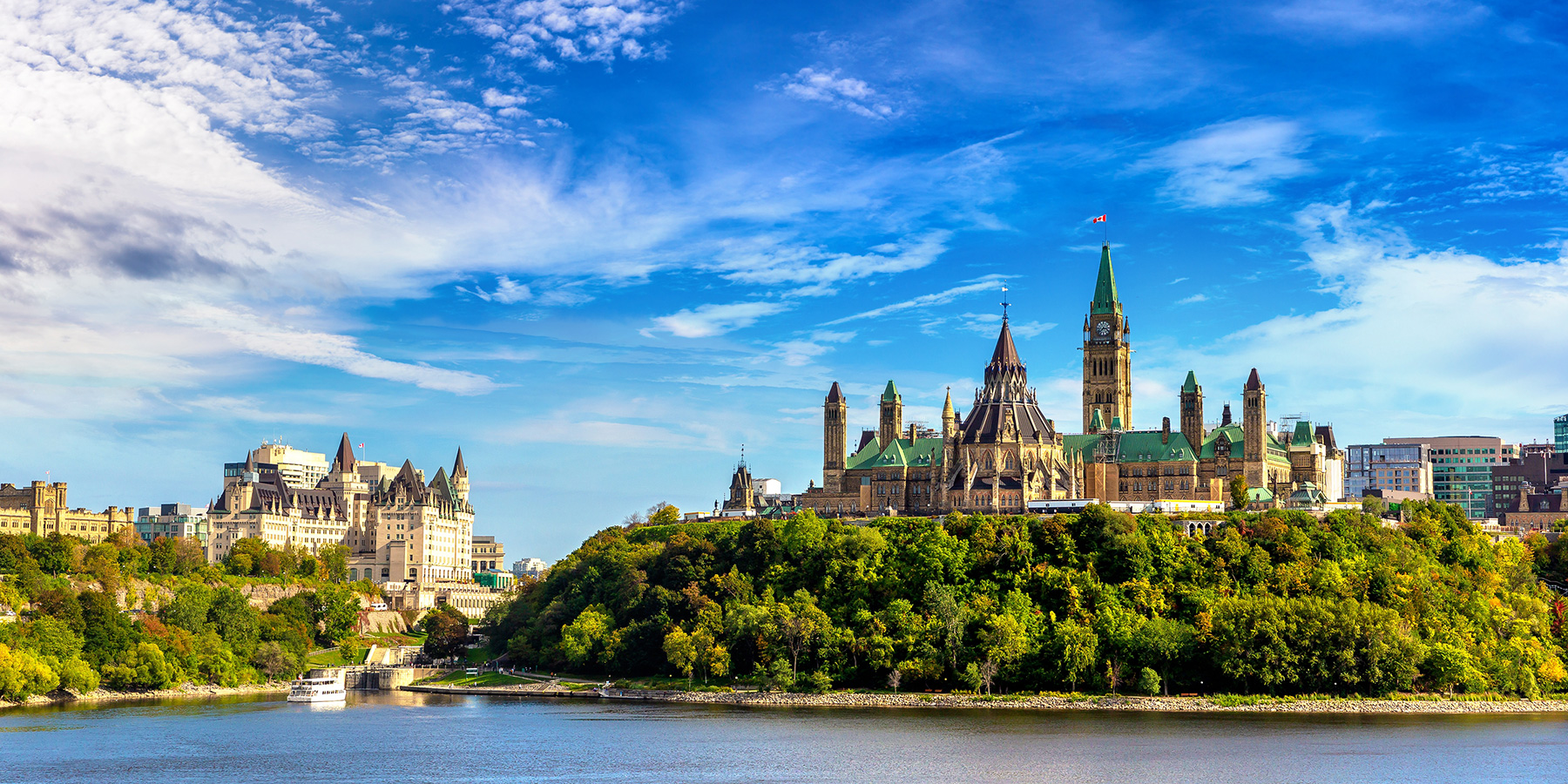
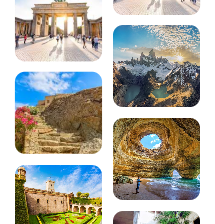

Comments